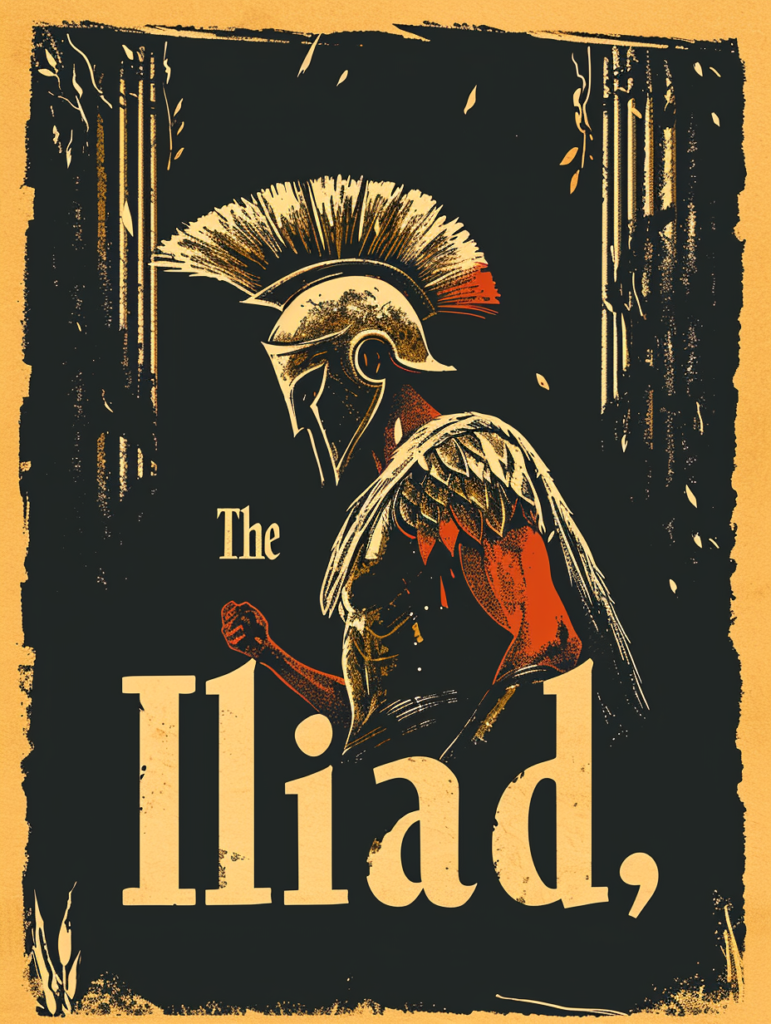Unraveling the Epic Tapestry: A Riveting Review of “The Iliad”
“The Iliad,” an ancient Greek epic by Homer, intricately chronicles the heroic clashes and divine interventions of the Trojan War, unveiling the timeless tapestry of human pride, destiny, and the inexorable dance between mortals and gods.

In the grand tapestry of literary masterpieces, Homer’s “The Iliad” stands as a timeless epic that has withstood the sands of time. This magnum opus, steeped in the heroic traditions of ancient Greece, weaves a tale of love, honor, and the inexorable fates that govern the lives of mortals and immortals alike.
Immersive Storytelling: “The Iliad” is a narrative tour de force that plunges readers into the heart of the Trojan War, capturing the essence of human conflict and the capricious nature of the gods. Homer’s eloquent prose navigates the complexities of war, transcending mere battles to explore the very essence of humanity.
Intricate Characters: At the core of this epic are characters so intricately drawn that they breathe with life on the pages. From the valiant Achilles, driven by the pursuit of glory, to the noble Hector, embodying the tragic hero, each character is a study in the human condition. Their struggles, passions, and sacrifices resonate with readers across cultures and centuries.
Divine Interplay: The celestial beings, ensconced atop Mount Olympus, add a celestial layer to the narrative. The whims of gods and goddesses shape the destinies of mortal warriors, illustrating the delicate dance between fate and free will. The divine interplay elevates “The Iliad” beyond a mere war saga, infusing it with profound philosophical undertones.
Timeless Themes: As the Trojan and Achaean forces clash on the plains of Troy, universal themes emerge — the consequences of pride, the inexorable march of fate, and the enduring power of love. Homer’s exploration of these timeless motifs transcends its ancient origins, resonating with readers seeking wisdom and introspection.
Epic Legacy: “The Iliad” has left an indelible mark on literature, inspiring countless adaptations, reimaginings, and scholarly discussions. Its influence permeates not only the literary world but also popular culture, solidifying its place as a cornerstone of Western literature.
Conclusion: In conclusion, Homer’s “The Iliad” is not merely a literary relic; it is a living testament to the human experience. Its pages unfold a narrative that transcends time, inviting readers to contemplate the complexities of honor, destiny, and the enduring echoes of a war that shaped the course of civilizations. Dive into this epic odyssey, and discover why “The Iliad” continues to captivate minds and hearts, proving that some stories are indeed immortal.

 Buy me a coffee
Buy me a coffee